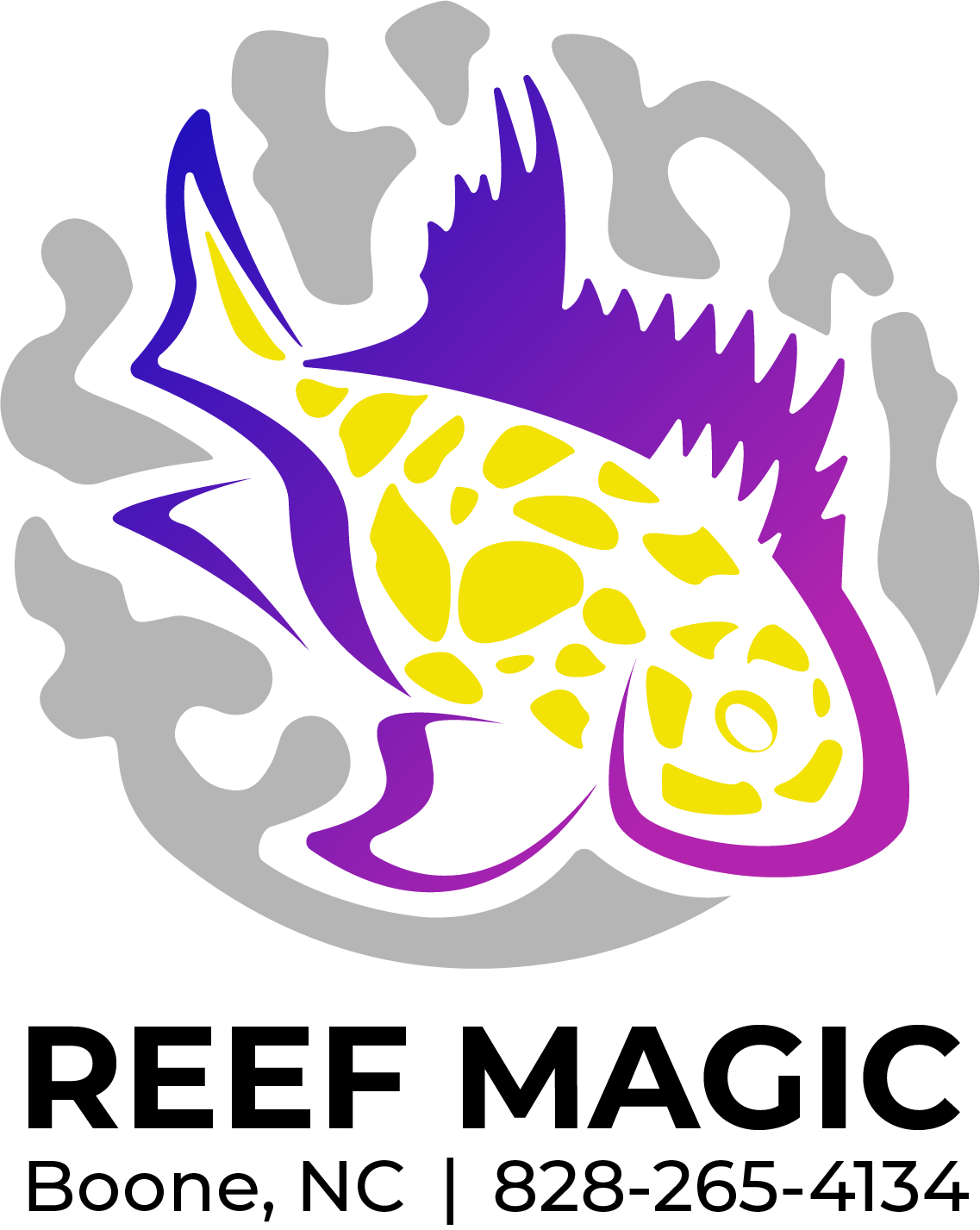 Image 1 of 1
Image 1 of 1


Dottyback- Indigo T.R.
Dottybacks are colorful and fascinating saltwater fish that belong to the Pseudochromidae family. They are known for their vibrant colors and striking patterns. Here's a guide on caring for dottybacks in your aquarium:
Tank Setup:
Dottybacks are relatively small fish, so they can be kept in smaller aquariums. However, a tank size of at least 30 gallons (113 liters) is recommended for most species to provide ample swimming space.
Provide plenty of hiding spots and caves using live rock formations, PVC pipes, and coral decorations. Dottybacks appreciate places to retreat and explore.
Ensure that the tank has a secure lid as dottybacks may attempt to jump out, especially when startled.
Water Parameters:
Maintain stable water parameters within the following ranges:
Temperature: 72-78°F (22-26°C)
Salinity: 1.020-1.025 specific gravity
pH: 8.1-8.4
Ammonia, nitrite, and nitrate levels should be undetectable or kept at very low levels through regular water changes and efficient filtration.
Tank Mates:
Dottybacks can be territorial, especially towards similar species and fish with similar body shapes and coloration.
Choose tank mates carefully, avoiding overly aggressive or territorial fish that may harass or intimidate the dottyback.
Compatible tank mates include peaceful community fish, small gobies, blennies, and some species of clownfish.
Diet:
Dottybacks are carnivores and require a diet rich in protein.
Offer them a varied diet consisting of high-quality marine flake or pellet food, frozen or live foods such as brine shrimp, mysis shrimp, and chopped seafood.
It's also beneficial to offer them occasional treats like marine algae and spirulina-based foods to provide essential vitamins and minerals.
Tank Environment:
Provide moderate to high water flow in the aquarium to mimic their natural reef habitat.
Live rock formations with caves and crevices are essential for dottybacks to establish territories and feel secure.
Include plenty of open swimming space while also providing hiding spots to reduce stress.
Behavior:
Dottybacks can be relatively aggressive, especially towards conspecifics (members of the same species) and similar-looking fish.
Some dottyback species are more aggressive than others, so it's essential to research the specific species you plan to keep and choose tank mates accordingly.
Monitor their behavior closely and be prepared to separate them if aggression becomes excessive.
Health:
Dottybacks are generally hardy fish, but they can be susceptible to common saltwater fish diseases like marine ich (white spot disease) and bacterial infections.
Maintain optimal water quality, provide a balanced diet, and quarantine new fish before introducing them to the main aquarium to prevent the spread of diseases.
Regular observation and prompt action in response to any signs of illness or stress are essential to keeping dottybacks healthy.
By providing a suitable environment, proper diet, and attentive care, dottybacks can thrive and become stunning additions to a well-maintained marine aquarium.
Dottybacks are colorful and fascinating saltwater fish that belong to the Pseudochromidae family. They are known for their vibrant colors and striking patterns. Here's a guide on caring for dottybacks in your aquarium:
Tank Setup:
Dottybacks are relatively small fish, so they can be kept in smaller aquariums. However, a tank size of at least 30 gallons (113 liters) is recommended for most species to provide ample swimming space.
Provide plenty of hiding spots and caves using live rock formations, PVC pipes, and coral decorations. Dottybacks appreciate places to retreat and explore.
Ensure that the tank has a secure lid as dottybacks may attempt to jump out, especially when startled.
Water Parameters:
Maintain stable water parameters within the following ranges:
Temperature: 72-78°F (22-26°C)
Salinity: 1.020-1.025 specific gravity
pH: 8.1-8.4
Ammonia, nitrite, and nitrate levels should be undetectable or kept at very low levels through regular water changes and efficient filtration.
Tank Mates:
Dottybacks can be territorial, especially towards similar species and fish with similar body shapes and coloration.
Choose tank mates carefully, avoiding overly aggressive or territorial fish that may harass or intimidate the dottyback.
Compatible tank mates include peaceful community fish, small gobies, blennies, and some species of clownfish.
Diet:
Dottybacks are carnivores and require a diet rich in protein.
Offer them a varied diet consisting of high-quality marine flake or pellet food, frozen or live foods such as brine shrimp, mysis shrimp, and chopped seafood.
It's also beneficial to offer them occasional treats like marine algae and spirulina-based foods to provide essential vitamins and minerals.
Tank Environment:
Provide moderate to high water flow in the aquarium to mimic their natural reef habitat.
Live rock formations with caves and crevices are essential for dottybacks to establish territories and feel secure.
Include plenty of open swimming space while also providing hiding spots to reduce stress.
Behavior:
Dottybacks can be relatively aggressive, especially towards conspecifics (members of the same species) and similar-looking fish.
Some dottyback species are more aggressive than others, so it's essential to research the specific species you plan to keep and choose tank mates accordingly.
Monitor their behavior closely and be prepared to separate them if aggression becomes excessive.
Health:
Dottybacks are generally hardy fish, but they can be susceptible to common saltwater fish diseases like marine ich (white spot disease) and bacterial infections.
Maintain optimal water quality, provide a balanced diet, and quarantine new fish before introducing them to the main aquarium to prevent the spread of diseases.
Regular observation and prompt action in response to any signs of illness or stress are essential to keeping dottybacks healthy.
By providing a suitable environment, proper diet, and attentive care, dottybacks can thrive and become stunning additions to a well-maintained marine aquarium.



